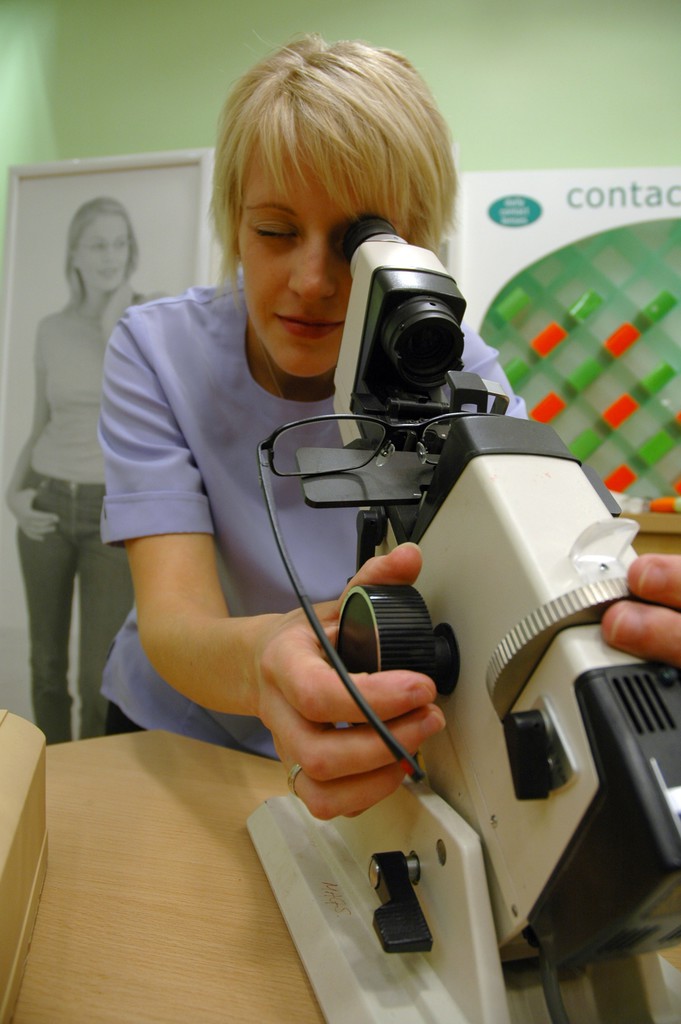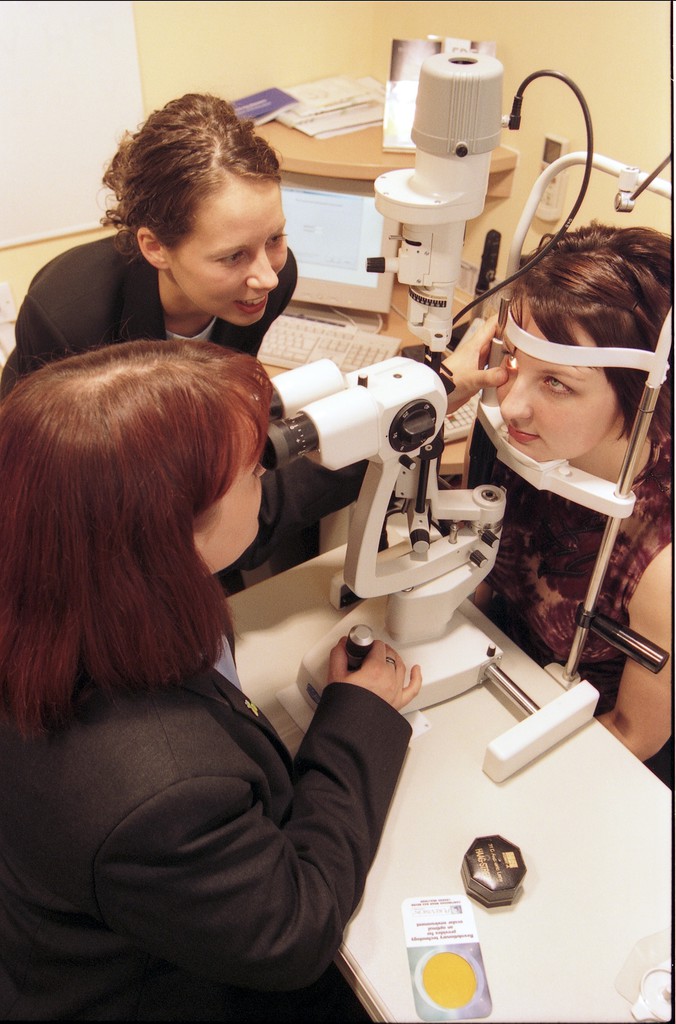
Kelly Rose
Editor

Kelly Rose
Editor
One in five people will live with sight loss in their lifetime, despite at least half of all cases being avoidable, warns a new report published by charity Royal National Institute of Blind People (RNIB) and high street optician Specsavers.
The alarming new statistics show that every day 250 people start to lose their sight in the UK. Women, who tend to live longer, are at greater risk than men, with one in four women set to develop sight loss in their lifetime compared with one in eight men.
Almost six million people in the UK currently live with sight-threatening conditions yet 25% of people are not having an eye test every two years as recommended by the College of Optometrists. The extent of the problem means that nearly every family in Britain is touched by sight problems in some way.
RNIB acting CEO Sally Harvey says: "Our report reveals new evidence that one in five people will live with sight loss in their lifetime, so our work is now more important than ever. The eye health crisis looks set to deepen and the cost burden is destined to soar unless urgent action is taken.
"Almost 80% of people living with sight loss are over the age of 64, so with an ageing population that is expected to retire later, more of our national workforce will be impacted by sight loss. Alongside rapidly growing demand for eye care services, and capacity problems in some clinics at a time of growing budget deficits, we are facing an extremely challenging time for eye health in the UK, and we must take action now.
"We will continue to press for integrated services and effective referral and treatment for local communities as a key way of tackling the capacity problems in hospital eye departments. We will champion active planning that is based on the eye health needs of local communities and we will present conclusions from our policy round tables to a parliamentary Inquiry on eye health services."
The State Of The Nation Eye Health 2017: A Year in Review report, launched ahead of National Eye Health Week (18 – 24 September), is an annual benchmark of Britain’s eye health by RNIB and Specsavers, who joined forces in 2016 to raise awareness of the importance of eye health at every level to help prevent avoidable sight loss.
While a YouGov survey commissioned for the report suggests 1.1million more people took action to improve their eye health by visiting an optician since the campaign launched last September, there is much still to be done, according to Specsavers founder Doug Perkins. An optometrist for more than 50 years, he says: "We are calling on political leaders, senior decision makers in health and social care, and local champions to work together to ensure that people receive timely treatment to prevent avoidable sight loss.
"Without this leadership the eye health crisis will continue to worsen and patients’ sight will be put increasingly at risk, deepening the economic burden that we already estimate will rise from £28billion today if nothing is done now."
The report also reveals that:The report, written by RNIB and Specsavers and supplemented by an independent YouGov poll of 6,430 UK adults, was unveiled at an event hosted by the partnership in London. The event marks a stepping up of RNIB and Specsavers transforming eye health campaign, which will include a multi-million pound investment in marketing, nationwide fundraising and a tour of the UK with their Eye Pod simulated sight loss experience to educate the nation about the importance of eye health.


